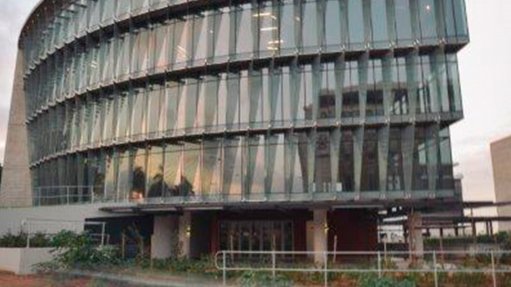
AECOM, a premier fully-integrated infrastructure and support services company, continues to secure high-profile consulting engineering work in South Africa across a range of sectors. AECOM has been awarded a R134 million five-year contract by SANRAL to provide consulting engineering services for the upgrading of National Road R573, Section 2, from the Gauteng/Mpumalanga border to the Mpumalanga/Limpopo border, a distance of about 50 km.
The R573, or Moloto Road as it is referred to, sees tens of thousands of commuters travel by bus daily to Gauteng, with fatal accidents a common occurrence. It was incorporated into SANRAL’s network in July 2015, with government giving the mandate to make this deadly road safer. “AECOM is proud to be a partner of SANRAL to deliver this important project, and better South African road infrastructure,” Carlos Poñe, Chief Executive – Africa, says.
AECOM’s recent contract wins in South Africa include a panel appointment to provide traffic engineering services for the KwaDukuza Municipality, north of Durban, for the next three years. “While the Durban Hub has not significantly operated within this space in the past, this win will serve as the catalyst to achieve growth in terms of the highways and bridges sector in the province,” Bruce Ross, Business Unit Lead (Durban Hub), Civil Infrastructure, Africa, comments. AECOM has also been appointed to provide consultancy services for the fuel works project at King Shaka International Airport in Durban. “A full conditional assessment of the aviation fuel system will be done, following modifications according to the findings of the assessment,” Samuel du Rand, Business Unit Lead, Oil and Gas, Africa, explains.
AECOM has 1 900 employees on the continent and maintains a project presence in over 20 key countries. These include Botswana, Ghana, Kenya, Libya, Mozambique, Nigeria and Uganda. “We understand Africa’s specific infrastructure needs and the challenges inherent in working on continent,” Poñe concludes.